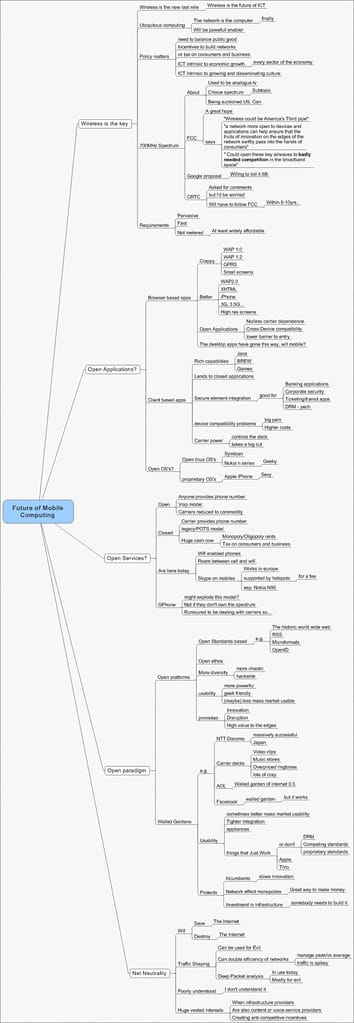HMD's US Retreat: The Slow Death of Nokia's Legacy in America
The Finnish company that promised to revive Nokia's glory days is quietly pulling back from the world's most lucrative smartphone market, raising serious questions about the future of the iconic brand.
HMD Global, the Finnish startup that acquired Nokia's mobile phone rights in 2016, is reportedly scaling back its operations in the United States—a move that industry observers say mirrors the original Nokia's spectacular fall from grace. After years of struggling to gain meaningful market share against Apple and Samsung, HMD appears to be retreating from the American market, potentially marking the final chapter in Nokia's mobile phone legacy.
The Promise That Never Materialized
When HMD Global emerged in 2016 with the rights to Nokia's brand and a promise to restore the company's mobile phone dominance, expectations ran high. The company launched with nostalgic marketing campaigns featuring the indestructible Nokia 3310 and promised Android phones that would combine Nokia's legendary build quality with modern smartphone capabilities.
The initial reception was promising. Nokia-branded phones generated buzz at tech conferences, and early models like the Nokia 6 and Nokia 8 received generally positive reviews. However, translating that goodwill into actual sales proved far more challenging, particularly in the competitive US market.
Market Share Reality Check
Despite the fanfare, HMD's Nokia-branded phones never gained meaningful traction in the United States. According to Counterpoint Research data, Nokia's market share in the US has consistently remained below 1% since HMD's launch. In contrast, Apple and Samsung continue to dominate with a combined market share exceeding 70%.
The numbers tell a stark story: while HMD found some success in emerging markets like India and parts of Europe, the company failed to crack the premium US market where profit margins are highest. American consumers, it seems, had moved on from Nokia long before HMD arrived on the scene.
The Scaling Back Strategy
Recent reports suggest HMD is now focusing its resources on markets where Nokia phones have shown better performance. The company has reportedly reduced its marketing spend in the US, scaled back retail partnerships, and delayed several phone launches originally planned for the American market.
This strategic retreat isn't entirely surprising. The US smartphone market is notoriously difficult for new entrants, with established players like Apple and Samsung maintaining tight control over carrier relationships and premium retail space. Even tech giants like Google have struggled to gain significant market share with their Pixel phones.
Déjà Vu All Over Again
HMD's struggles in the US bear an uncomfortable resemblance to Nokia's original downfall. The Finnish company once dominated the global mobile phone market but failed to adapt to the smartphone revolution initiated by the iPhone in 2007. Despite early attempts with Windows Phone and other platforms, Nokia never recovered its position in the US market.
Now, HMD appears to be repeating history by retreating from the very market that defines global smartphone trends. The company's focus on emerging markets, while potentially profitable, suggests it has effectively conceded the premium smartphone battle to established players.
What This Means for Consumers
For American consumers who purchased Nokia-branded phones, HMD's scaling back raises questions about long-term software support and warranty services. While the company hasn't announced any plans to completely exit the US market, reduced presence typically means fewer resources for customer support and slower software updates.
The move also represents a broader trend in the smartphone industry, where scale and ecosystem integration have become increasingly important. Without the resources to compete directly with Apple's iOS ecosystem or Google's Android partnerships, smaller players like HMD find themselves squeezed out of profitable markets.
The Verdict
HMD's retreat from the US market represents more than just another business pivot—it's the final nail in the coffin of Nokia's mobile phone ambitions in America. While the Nokia brand may live on in other markets, its absence from the US smartphone landscape marks the end of an era.
For an industry that once saw Nokia as synonymous with mobile innovation, HMD's scaling back serves as a sobering reminder that brand recognition alone isn't enough to succeed in today's hyper-competitive smartphone market. The company's focus on emerging markets may ensure survival, but it also confirms that Nokia's days as a global smartphone powerhouse are definitively over.
The smartphone industry moves fast, and sometimes even the most iconic brands get left behind.
